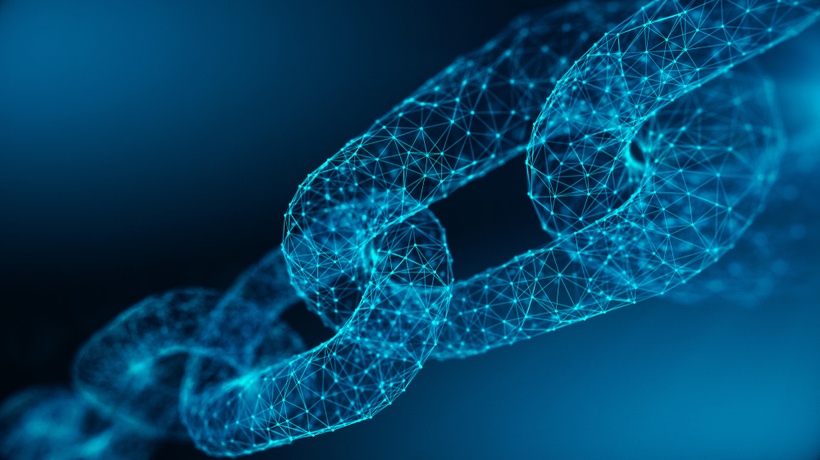Blockchain Improves eLearning
eLearning has become quite a trend these days, especially after the pandemic hit our society hard. We are witnessing a change in the way our information system works. Are we shifting toward a fully digital education, and what are the benefits of moving to Web 3.0?
What Is Blockchain?
Blockchain is the technology that allows Bitcoin and other cryptocurrency transactions to be secure and trusted. Blockchain is a shared database that contains all the information in a digital form, offering a high level of security for sale, purchase, and crafting credentials. In the case of Bitcoin and cryptocurrencies of this kind, this technology allows payments to be processed without needing a third party or middleman (such as a bank or credit card company).
Benefits Of Blockchain
But what makes people want to buy Litecoin, Ethereum, and other digital currencies, apart from trading and making money?
1. Decentralization
Blockchains spread data across a network of nodes to ensure that there is no central point of failure. When users store information on a blockchain, it becomes impossible to alter records without peer detection. The strength of this security is one factor that makes blockchains so appealing to financial operations and other institutions.
2. Transparency
Because of blockchain's decentralized nature, people can view all transactions transparently. Each block carries a commitment to the previous block in the chain, and each transaction is stored in such a way that it can never be changed or reversed. Because each node has its own copy of the ledger and gets updated as new blocks are added, you can track all transactions on the network if you wish.
3. Security
Blockchain technology offers several benefits to anyone looking to share information with others. One of those benefits is that it provides a secure way to store and share data without the risk of being hacked into. This security comes in the form of a private key, which you'll use to access your account. It's imperative that you keep this key a secret, as many have lost their digital assets because they did not keep their keys safe.
eLearning Benefits From Blockchain
eLearning might be one of the industries most affected by blockchains. You can learn how to edit pictures and videos with or without an automatic photo editor, develop programs, learn new languages, and so many other things, thanks to eLearning. But how exactly does blockchain technology help eLearning?
1. Great eLearning Data Integrity
When it comes to data integrity, blockchain technology is an excellent way to make sure that all the information you need is provided. Instead of a single center of truth, blockchains ensure that multiple blockchain-based data streams are resilient and verified to ensure data doesn't fall into the wrong hands. This means your learning materials will be verified and not tampered with. The security of the data is very important for the success of any student program.
2. Success Management
The online nature of blockchain education allows for a much more efficient and effective way to learn. Because it is possible for instructors to track individual progress and provide targeted feedback, accountability, and immediate assessment, eLearning has the potential to be much more effective than traditional face-to-face education, especially for those who don't have access to classroom instruction. Тhe most important thing about education is not the grades. It's about how well students are performing. With a good and justified grading system, everyone would benefit. Students will be more motivated to learn, tutors will be motivated to keep working, and employers will have more incentives to hire employees.
3. Verified Diplomas
Blockchain can be a useful tool to provide verification of degrees and other credentials. For example, the technology could be used to prove that a particular person is really a trained electrician or plumber, who may have otherwise earned a fake degree. It is also useful for providing portability for verified credentials, allowing professionals to switch jobs without having to re-document their skillsets every time they do so. We fail to acknowledge how well you can falsify a certificate, which could result in an error that may cost lives Thankfully, blockchain can help with such issues.
4. More Affordable Courses
One of the most significant barriers to learning, especially in underdeveloped countries, is its cost. Students who cannot afford textbooks or do not have access to libraries have few means of learning in a classroom without spending a considerable amount of time and money on travel. Students can earn tokens in a tokenized education system by doing work-for-hire tasks for teachers or educational partners.
5. Global Access To Education
One of the biggest problems with today's education is access to it. Many universities from the Ivy League attract some of the most talented people around the globe. However, the case isn't the same with many other universities that don't have access to high-quality research and well-developed departments. By implementing blockchain into eLearning, students will have all the relevant information about certifications, lessons, and career resources at their fingertips. This way, they can quickly learn with the best practices and develop skills that help them become professionals in any location. Education is an equalizer; it's a space where talent can be discovered and nurtured, regardless of the place of residence or qualifications. This idea is even more apparent in the world of blockchain, where anyone can access great learning material and engage with the brightest minds in their field.
Conclusion
People can implement blockchain technology in eLearning by providing a fair system for everybody. This means that everyone has equal access to educational material and no one is left out. Blockchain also provides a way to verify certificates, diplomas, and accreditations, acting against false documents and those obtained through bribery or other unfair means. Blockchain could change eLearning for good and finally create equality in terms of who gets first-hand access to high-quality information. This would eventually improve the job market.
